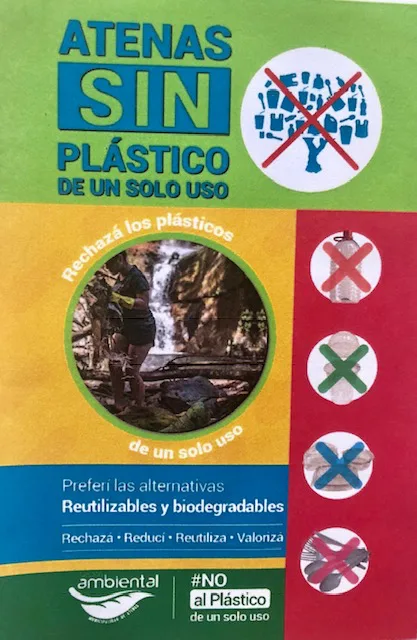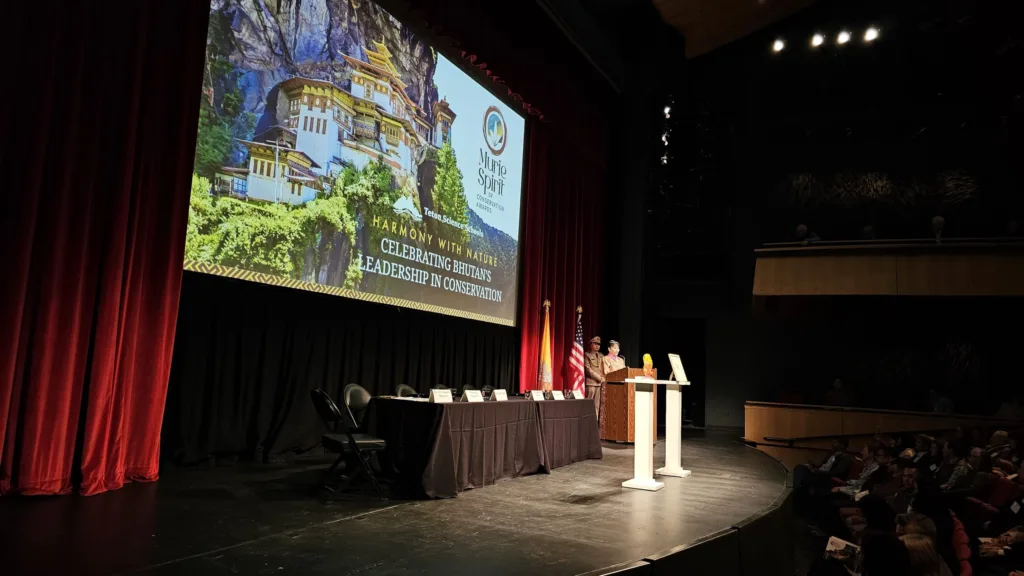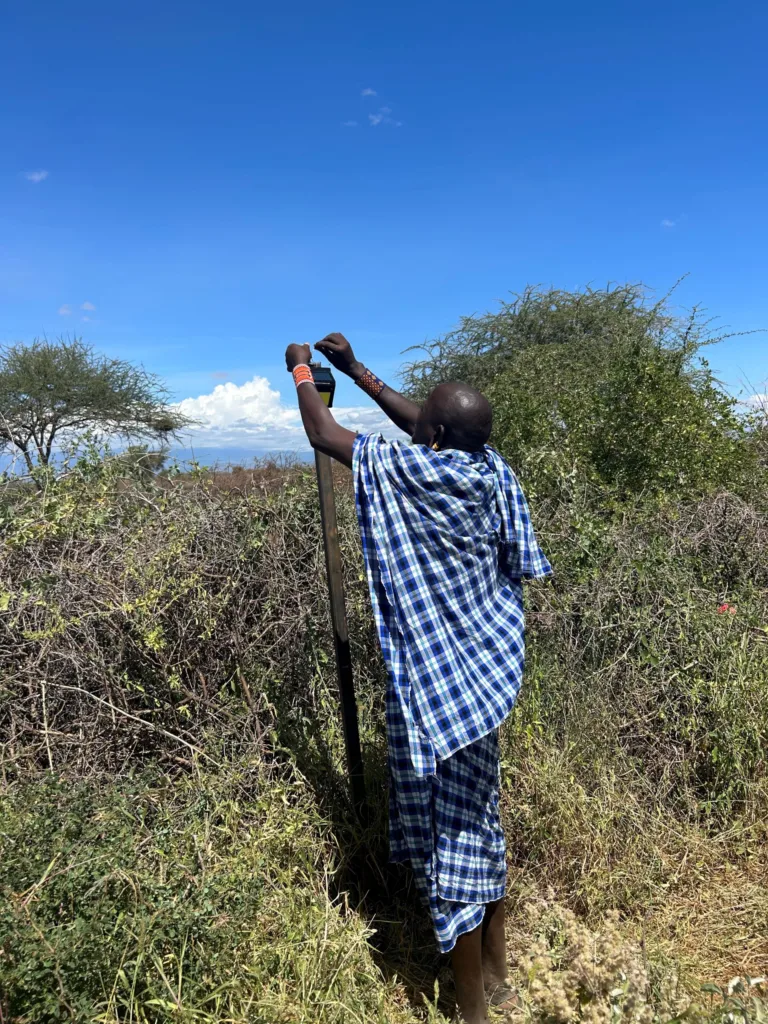The Plastic Bag Plague
“The Plastic Bag Plague”: Facilitating Plastic Reduction Strategies in Atenas, Costa Rica
Disposable plastic use is a phenomenon that is detrimental to ecosystem and human health around the globe. Costa Rica contributes to this problem by discarding 564 tons of plastic each day, and weak waste collection and municipal recycling programs exacerbate the issue (Artavia 2018). The Center for Sustainable Development Studies has partnered with the local government in Atenas, where the Center is located, to collect recyclable materials and clear waste from waterways in the past. Now, we are collaborating to provide important stakeholder input on how to reduce and replace plastics as part of the Zona Libre de Plastico de Solo un Uso (Single-Use Plastic Free Zone) project.
This effort is part of Costa Rica’s National Strategy to Replace Single Use Plastics with Renewable and Compostable Alternatives – an approach started in 2016 as a joint venture by the Ministry of Energy and Environment (MINAE), the United Nations Development Programme (UNDP) and the Ministry of Health. This approach encourages a voluntary commitment from private sector institutions and businesses paired with the municipalities in which they are located to end the usage of single-use plastics and encourage more sustainable alternatives. This allows each individual municipality to implement a plastic reduction strategy tailored to the unique challenges faced (Estrategia Nacional para la Sustitución de Plásticos).
The office for Environmental Management of the Municipality of Atenas and the Center for Sustainable Development Studies partnered to evaluate key practices and opinions of local businesses that will be the target participants of the plastic reduction strategy. Businesses shared information on their plastic use, recycling practices, interest in participating in the plastic reduction program and preferred incentives. By compiling this data, we seek to generate input from key stakeholders to ensure that the program responds to the communities’ needs and is therefore widely adopted.

Information on the Plastic Free Zone Project distributed to local businesses during student surveying.
One business owner called the number of plastic bags a plague on nature and the animals, including humans, that have to live there. Through their first exposure to this program, many business owners confirmed a willingness to participate in a plastic waste reduction and replacement strategy. The main concerns with participation revolved around access to compostable and biodegradable replacement products and high costs of those options. The Municipality is considering how to provide easy access to those more environmentally friendly products and provide financial incentives to offset costs and facilitate widespread adoption among businesses. They hope our collection and analysis of the survey data will help inform effective decision making.
A concern identified by students is the need for these plastic replacement products to be properly treated in order to biodegrade and compost. The city has no composting program or treatment process at the landfill, so developing processing options may be the next area of collaboration between CSDS and the local municipality to implement sustainable waste solutions.
References
Artavia, S. Costa Rica desecha 564 toneladas de plástico al día. Retrieved from www.nacion.com/ciencia/medio-ambiente/costa-reca-desecha-564-toneladas-de-plastico-al
Estrategia Nacional para la Sustitución de Plásticos de Solo un Uso, retrieved from http://www.zonalibredeplastico.org/sobre-la-estrategia.
Related Posts

Restoration on a Cinder Cone: A Syntropic Story

Bhutan Honored with the Murie Spirit of Conservation Award
